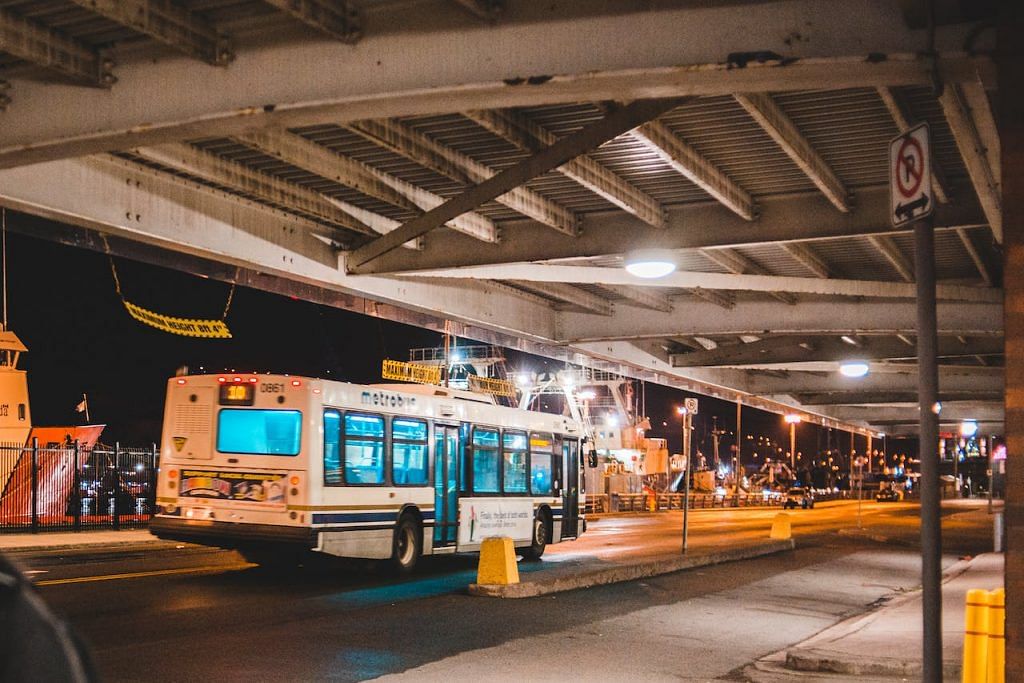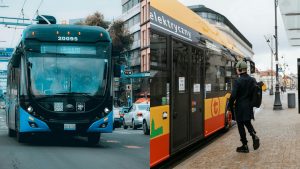
Japan-headquartered Mitsui & Co. Ltd., a trading and investing company that recently announced investments in Pinnacle Mobility, an electric bus and small commercial vehicle manufacturer, is now looking at facilitating its exports to African, Middle Eastern, and European countries within the next 3–4 years.
Mitsui, in December last year, along with Dutch EV bus manufacturer VDL, announced an investment of USD 100 million in Pinnacle Mobility under the EKA brand. The investment will help Pinnacle Mobility scale up its manufacturing and product portfolio.
Syed Faisal Ashraf, MD, Mitsui & Co., stated in an interaction that Eka Mobility, which is currently focusing on the domestic market, will be expanding its capacity to meet export demands. “As soon as they have the capacity,” he said, without revealing the export volumes planned.
Ashraf did not disclose the volumes; his company is looking at exports of these buses. “But it’s significant. In the next 3–4 years, we should be able to move export Pinnacle products into not just low-cost markets but even high-tech markets like the Middle East and even Europe. I would be happy if we could do it in three years,” he added.
The plan, according to Faisal, should be seen in the context of huge opportunities for such buses in India. “There is so much of a lag,” continued Ashraf while alluding to the number of potential orders for e-buses, particularly from state governments across the country.
Additionally, Mitsui is also looking to focus on first- and light-mile connectivity in the form of light commercial vehicles (LCVs). Faisal noted they tried to experiment with last-mile three-wheelers by exporting them into Africa six and eight months ago. “But somehow, we have not been able to get our playbook right. But we will keep at it because that is where the scale will be, especially in the last mile,” Faisal added.
Also Read: NIIF’s India-Japan Fund to invest Rs 400 crore at valuation in Mahindra Last Mile Mobility
According to company officials, Mitsui’s contributions, apart from financials, include its inputs in battery supplies, deep tech for improving processes and efficiencies, and electric engines, among others.
When asked if Mitsui is looking to make similar investments in other EV companies, Ashraf continued that his company will look to supplement more such companies. “It’s a very large market, and this is just the beginning for electric vehicles,” Ashraf stated.

The rise of e-buses and the growing demand
The rise of e-buses in recent years has been nothing short of remarkable. With the increasing focus on sustainable transportation and reducing carbon emissions, electric buses have emerged as a popular and eco-friendly alternative to traditional diesel-powered buses. This shift towards cleaner and greener transportation options has been driven by various factors, including government initiatives, environmental concerns, and advancements in battery technology.
As cities and countries worldwide look for ways to combat pollution and improve air quality, the demand for e-buses has grown exponentially. These electric buses offer numerous advantages over their conventional counterparts, such as reduced noise pollution, lower operating costs, and zero tailpipe emissions. This makes them an attractive choice for both public transportation agencies and private companies looking to align with sustainability goals.
In line with this global trend, Mitsui, a leading Japanese conglomerate, has recently announced its ambitious plans to export e-buses manufactured by Eka Mobility. With a target timeframe of the next 3-4 years, Mitsui aims to tap into the growing demand for electric buses in various international markets. This strategic move not only aligns with Mitsui’s commitment to sustainable development but also positions them as a key player in the global electric mobility sector.







